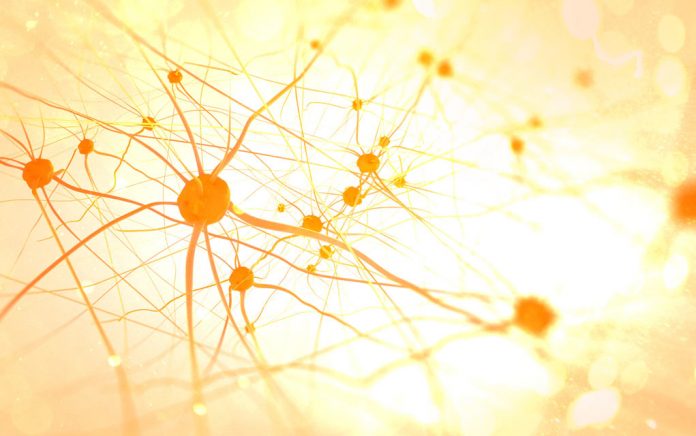
Ever have a “gut feeling?” A sensation in your abdominal region when you feel nervous or unsure of what to do next? There’s a reason for that — a true scientific reason. You have something called an enteric nervous system which, in a manner similar to your parasympathetic nervous system, helps with adrenal production, hormones, and digestion. It also produces more than 90% of the serotonin you need to balance your moods.
Where is the enteric nervous system located, you ask? Well, it’s right there in your gut.
The enteric nervous system (ENS) isn’t small. It plays a huge role in the way you swallow your food, how your stomach releases enzymes, how your digestion works, how well you absorb the nutrients in your food, and more.
Scientists have long studied the brain-gut connection. Researchers at Johns Hopkins have taken a look at the scenario from two angles — how your brain impacts your gut and how your gut impacts your brain. For example, the connection between the two systems is thought to be one of the reasons those with certain levels of anxiety and depression also have GI conditions like IBS (irritable bowel syndrome). While they thought the mental disorders contributed to the development of the GI disorders, the research has shown it to actually be the other way around, where the changes in the GI system trigger the CNS into creating the mood shifts that make you unhappy.
Researchers acknowledge there is a lot of additional research to be done when it comes to the enteric nervous system and how it links to the brain. Meanwhile, what they do know may contribute to some incredible changes in the way we communicate and create mental/emotional treatment plans.
















